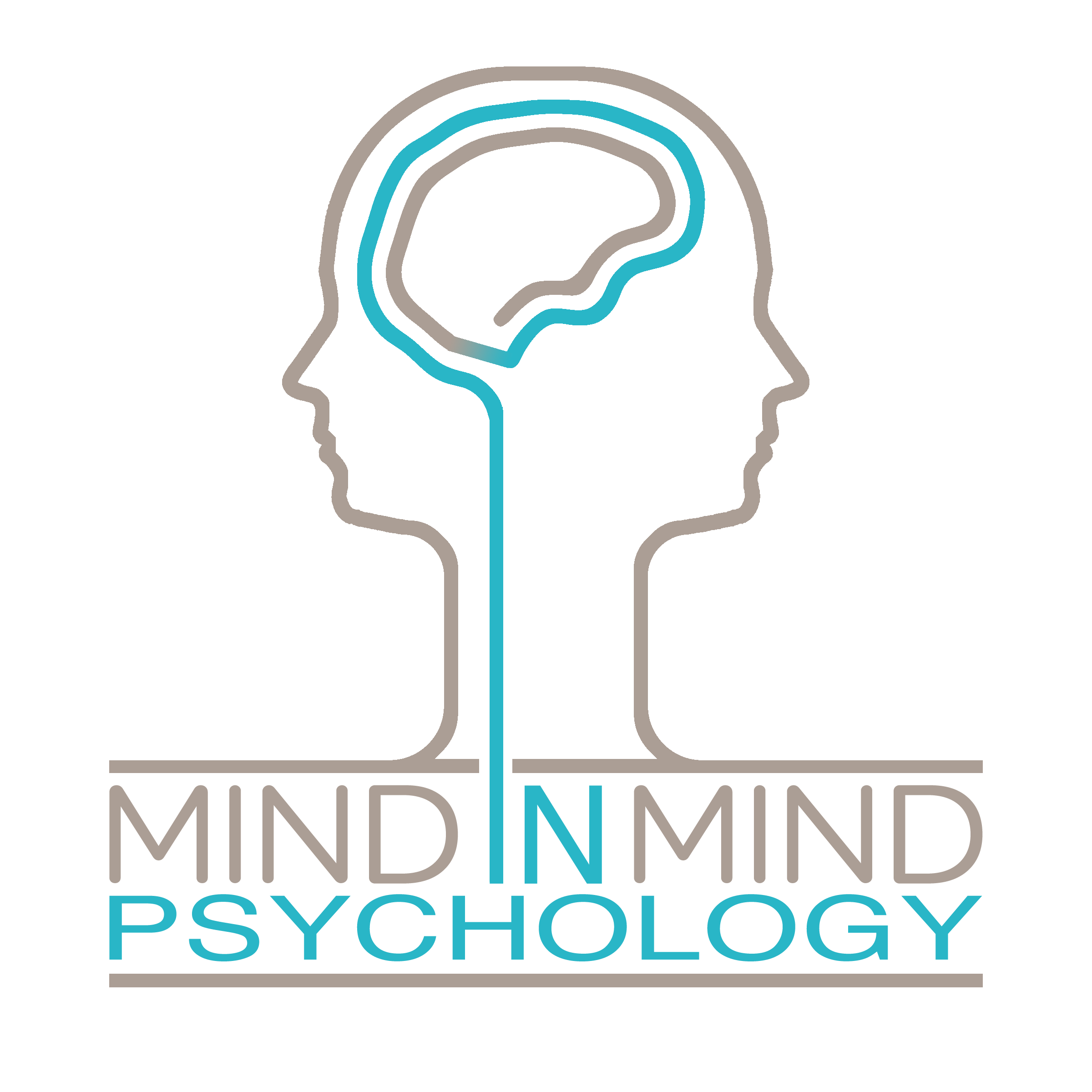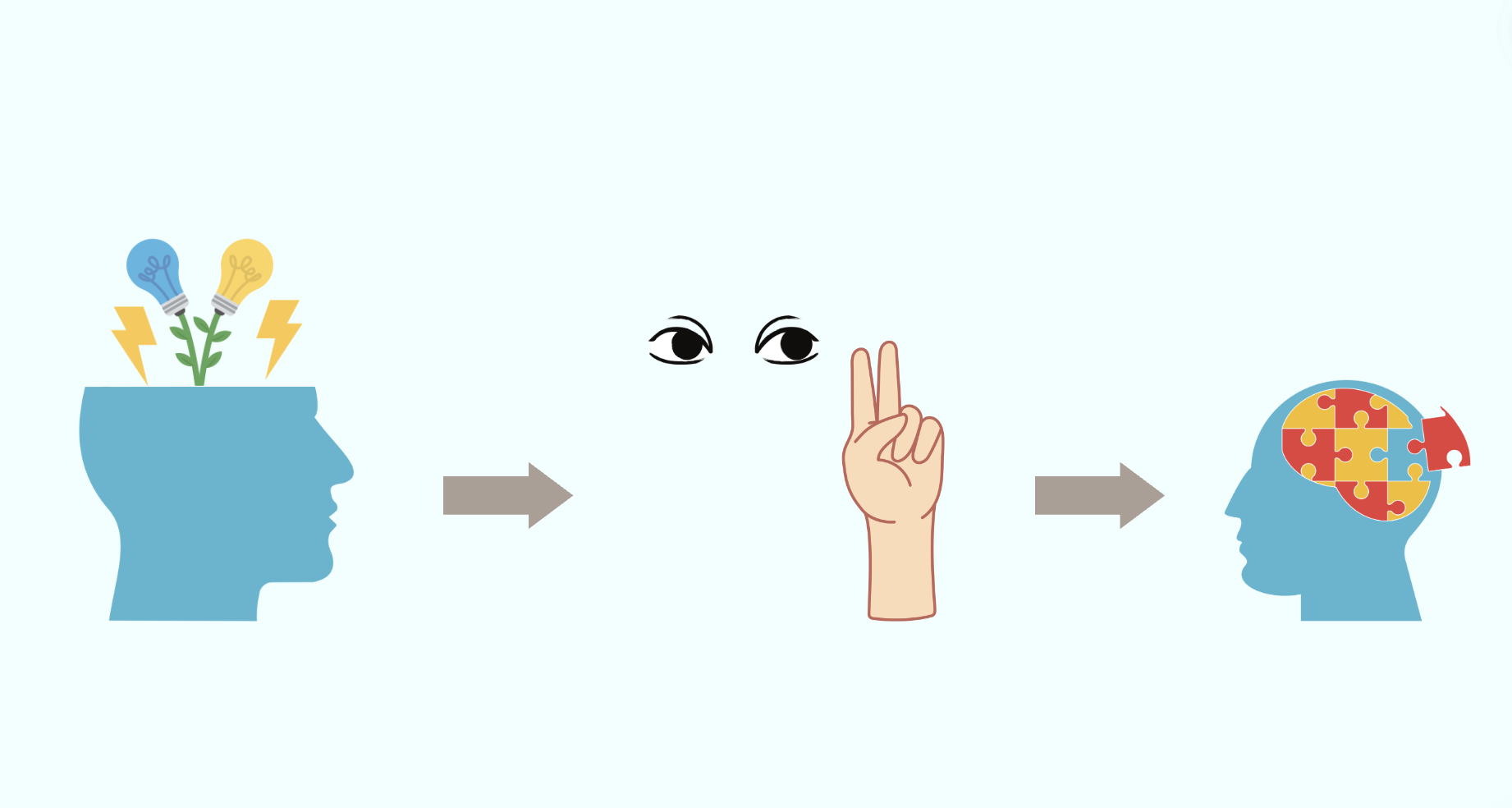How EMDR can unlock your brain’s natural healing power
Our brains are incredible, self-healing machines, much like our bodies. However, when we encounter traumatic or stressful life events, the way these memories are processed can become disrupted, causing them to become 'stuck.'
This is where EMDR (Eye Movement Desensitisation and Reprocessing) therapy can help.
So, what exactly is EMDR?
Imagine your brain is like a giant filing cabinet, storing memories in different folders. Sometimes, when we experience a traumatic or stressful event, our brain doesn’t file those memories properly. Instead, they stay on the surface, creating overwhelm or distress whenever we think about them. This can manifest in various ways, such as flashbacks, nightmares, and intrusive thoughts. It's as if our body remains in a constant state of alert, even when the threat is not currently present.
Trauma can shape our beliefs and perceptions, often leading to negative beliefs about ourselves. These negative beliefs can significantly impact our daily lives and relationships. One of the great things about EMDR is that it doesn’t require you to talk in detail about the traumatic memory, which can be really beneficial if discussing it feels too painful.
EMDR is an eight-phase model of treatment that helps refile those memories in a way that makes them less distressing. It involves recalling a memory while simultaneously focusing on an external stimulus, like moving your eyes back and forth by following the psychologists fingers, tapping or listening to alternating tones.
The dual attention in EMDR mimics the natural processing that occurs during REM (rapid eye movement) sleep, when our brains work through daily experiences and emotions. By engaging in bilateral stimulation while recalling a traumatic memory, your working memory is 'overloaded' with information, which helps reduce the intensity of the memory and the associated distress.
Through the EMDR process, the memory usually fades and feels more distant, emotional pain decreases, and new, more positive beliefs start to form. To find out more about how EMDR can support, you can access valuable resources and videos here - https://emdraa.org/emdr-resources/
Alternatively, you can contact our team by calling 0480 273 939 or sending an email to info@mindinmindpsychology.com.au.
Written by Karlyn Molloy, Registered Psychologist



